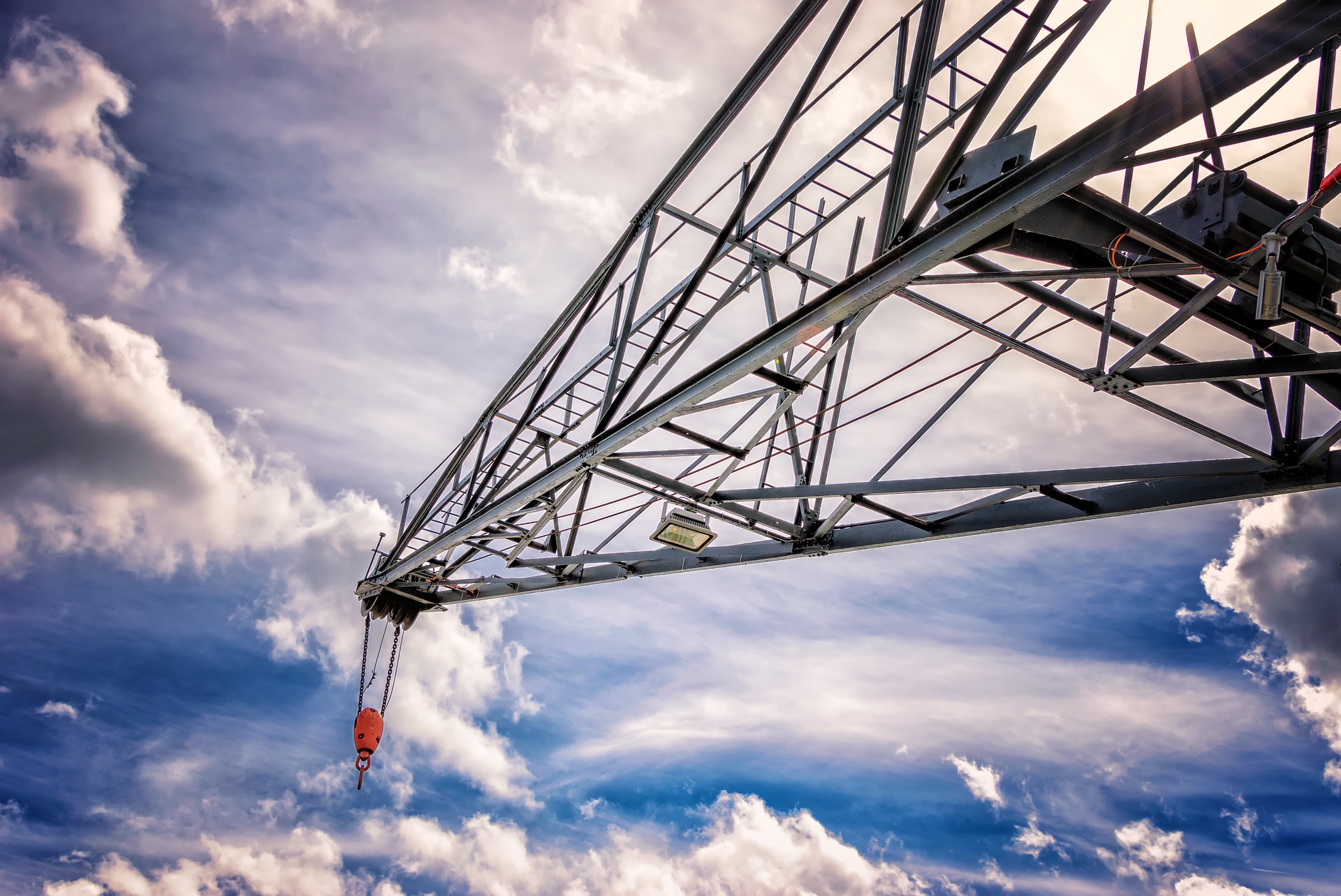Last week, we introduced Bill 142, which would bring sweeping changes to how construction industry participants operate their business in the form of the newly renamed Construction Act. One of the reforms included in this legislation is the introduction of a “prompt payment regime” that would apply to owners, contractors and subcontractors.
How the prompt payment regime will operate
The trigger for payment is delivery of a “proper invoice,” which at a minimum must:
- state the period to which the invoice applies, and the date it was issued;
- identify the name and address of the invoicing contractor, and the authority under which the invoiced work was completed;
- include a description of the services and/or materials provided and the amount charged for each; and,
- set out the terms and conditions of payment, and the contact information of the payee.
A contract may also require that a “proper invoice” include certain specific information or documents in addition to those mandated by the legislation. Unless otherwise specified in the contract, the Act requires that the general contractor on a project deliver invoices to the owner monthly.
Streamlining the payment process
Owners who receive a proper invoice must pay it within four weeks (28 days). Similarly, contractors and subcontractors must also adhere to strict payment timelines down the chain. Within seven days of being paid themselves, contractors must pay any downstream subcontractors who supplied services or materials included in the proper invoice. Amounts outstanding after these time limits have expired will be subject to mandatory interest.
If an owner, contractor or subcontractor disputes or disagrees with the contents or form of an invoice, they may refuse to make all or part of the payment, provided that they give timely notice of non-payment with their reasons for refusal.
In the event that a contractor does not receive prompt payment, they may defer the obligation to pay their own subcontractors. To benefit from this amnesty, the unpaid contractor in question must provide a notice of non-payment to their subcontractor(s), that must include:
- a statement that some or all of the amount owing to the subcontractor will not be paid as the result of non-payment by the owner;
- details of the amount outstanding;
- an undertaking to refer the matter to adjudication within fourteen days of giving the notice to the subcontractor; and,
- a copy of any non-payment notice given by the owner.
Likewise, where a subcontractor does not receive payment from the contractor on a project, it may defer payments owed to its own subcontractors and suppliers by providing them with notice of non-payment in the prescribed form, along with copies of any notices of non-payment received by the subcontractor.
Kitchener-Waterloo lawyers acting on behalf of construction industry clients
These new provisions and strict timelines for paying contractors and subcontractors are intended to create certainty with respect to the flow of funds and streamline the process for resolving disputes over non-payment. For owners and contractors, a review of internal documents, including standard purchase orders and invoices, and procedures for delivering payment may be required.
This is a time of change in the industry, and the experienced construction lawyers at Duncan, Linton LLP can assist clients as they adjust to the impact of these upcoming amendments. if you have questions about Bill 142, or any other construction matter, please contact us online or call 519-886-3340.

